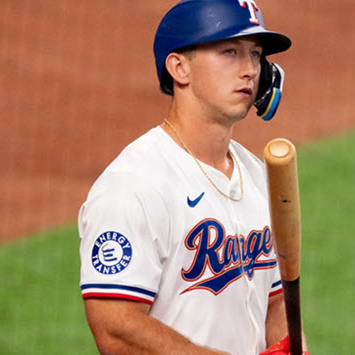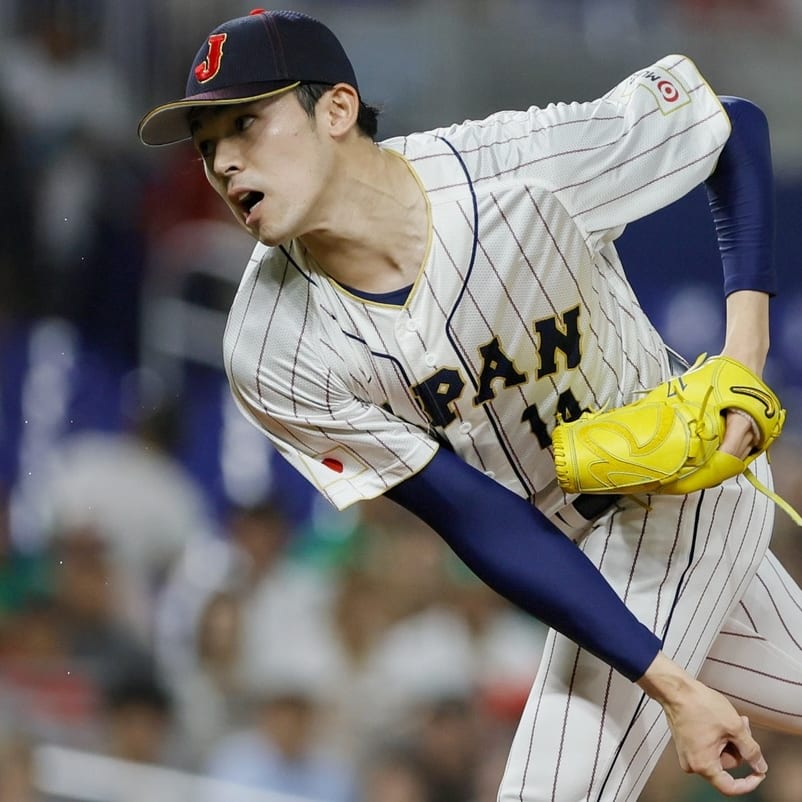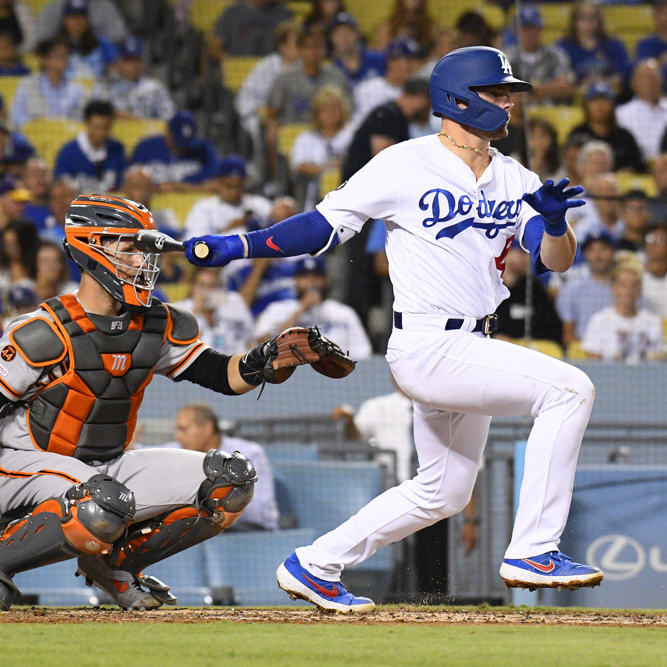This article is part of our DFS Baseball 101 series.
If you have read any of the previous DFS 101 articles, you know that I am mostly a cash-game player and I focus a lot on that part of DFS. One of the exercises you can do as a new player, is called reverse engineering. It is the practice of going back after the fact and understanding what took place.
In cash games, you want to find the chalk plays. Chalk plays are the ones who are the most highly owned. There is a reason that people are on those players a lot more than others. Whether it is the matchup, the lineup spot, the price or something like having a high projected team total, these are all things that drive percentage owned.
Take one of your contests – in this case I am looking at July 22 – 227-man $5 Double Up.
For reference, here were the winning totals in the contest:
186.7 – High Score
113.3 - Cash Line
42 – Low Score
You can pull all of the players and salaries from RotoWire by going to the MLB Optimizer, and click on the "Live Optimizer" link, then go back to the date you want to look up. This will give you all of the information you need to start building your Excel spreadsheets for player ownership. Here is the link for FanDuel on July 22.
This is what my headers look like in Excel. I also pull in the projected team total from Fantasy Labs.
Go to your history on FanDuel and select a 50/50 or Double Up with at least 100 entries. I like the 227-mans because they're a bigger sample and not too big to manage. Anything greater than 227 will take considerably more time and might not be worth it. Click on each username and it will bring up its roster. The player ownership percentage is displayed to the right of the salary. Start with pitchers and work your way down until you have gone through all teams. Populate the percent owner next to the player name in your spreadsheet.
Once you are done, you can now build your lists using the sort and subtotal features in Excel.
Here are the ones I use.
Total Percent of Hitters Owned by Team
Who are the teams that were the most heavily owned? The Nationals, Red Sox and Tigers were the three teams most owned in cash games. Washington had a projected team total of 5.7 runs, which was third highest on the slate, but it was tied up in three players (Bryce Harper, Daniel Murphy and Trea Turner). Harper and Murphy were a popular mini-stack hitting third and fourth, while Turner gave salary relief at $2,700 for shortstop, but was hitting seventh.
The Red Sox were the highest owned from a count perspective as all nine of their hitters had some ownership. Boston had the highest projected run total of 6.2 against Kyle Gibson. Outside of Mookie Betts, the Boston stack proved to be a dud.
Percent Owned by Batting Order
You can see the cleanup hitter was the most heavily owned, then third hitter, leadoff and No. 2 hole. It's interesting that the fifth, sixth and eighth hitters are in close proximity. Usually this is because of catchers.
Highest Percent of Players Owned
Carlos Gonzalez was the chalk on July 22 because he was at home against a right-handed pitcher. People didn't seem to care that it was Julio Teheran. Jarrod Saltalamacchia was the cheapest player with the highest percentage owned at 46.7 percent and $2,200. I wrote about Salty in my value hitters column a few weeks ago. Notice a lot of three, four and one hitters on this list. That is where you want to focus in cash games.
All Chalk Team
Here is the all chalk team from the slate. The salaries add to a little more than $35,000, so this wasn't a playable lineup, but it does show you that you can come very close to building a lineup like that.
Starting Pitcher Percent Ownership
Amazingly, there were only two pitchers heavily owned – Tanner Roark and Gerrit Cole. Roark had a great matchup against the Padres, but he only put up 12 points. Cole was still coming off the injury, so there was risk that he would not go deep into the game, but the Phillies did not provide much against him. Pretty much if you had Cole, you cashed, and if you had Roark – best that you got lucky and hit on some of the bats because most teams were in the losing column with him.
The highest-priced pitcher on the board, Madison Bumgarner ($11,500), was only on two teams. He was heavily priced versus the rest of the pitchers with a bad matchup. On the road against a team that does not strike out much but has decent pop was enough for most to rightly stay away.
Note that after the top two pitchers, three of the next four hit for the most points (McCullers, Darvish, and Gray), all big-time strikeout pitchers.
The teaching point in this article is to look at the players you had in your lineup. Did you have mostly chalk plays or players less than 5 percent owned? Did you finish in the cash or in the losing column? Did you have hitters in the three, four and leadoff spots or did you take too much of a gamble outside those? Did you stack in cash games, or spread your risk around to different games?
All are important questions when you are first starting out playing DFS and building your cash game system.












